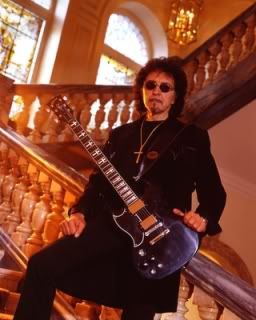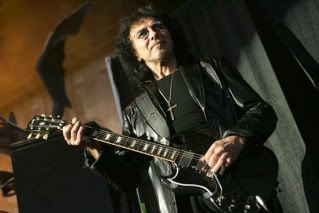EXPcustom
Well-known member
You dont call E flat tuning D sharp because you are coming down from E.
So why do people today call D flat tuning C sharp? I figure you are coming down from E so you would call it D flat?
I hope I am not missing something and come off as a dumbass?

So why do people today call D flat tuning C sharp? I figure you are coming down from E so you would call it D flat?
I hope I am not missing something and come off as a dumbass?


